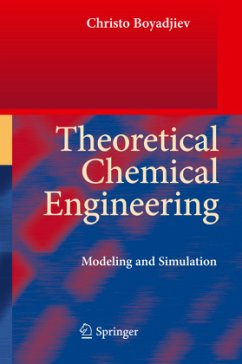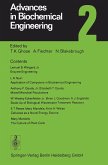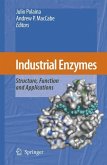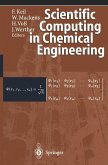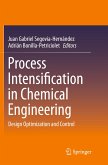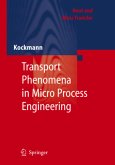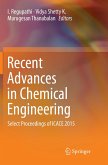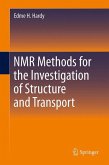The role of theory in science was formulated very brilliantly by Max Planck: Experimenters are the striking force of science. The experiment is a question which science puts to nature. The measurement is the registration of nature's answer. But before the question is put to nature,it must be formulated. Before the measurement result is used,itmust be explained, i.e., the answer must be understood correctly. These two problems are obligations of the theoreticians. Chemical engineering is an experimental science, but theory permits us to formulate correct experimental conditions and to understand correctly the exp- imental results. The theoretical methods of chemical engineering for modeling and simulation of industrial processes are surveyed in this book. Theoretical chemical engineering solves the problems that spring up from the necessity for a quantitative description of the processes in the chemical industry. They are quite different at the different stages of the quantitativedescription, i.e., a wide circle of theoretical methods are required for their solutions. Modeling and simulation are a united approach to obtain a quantitative description of the processes and systems in chemical engineering and chemical technology, which is necessary to clarify the process mechanism or for optimal process design, process control, and plant renovation. Modeling is the creation of the mathematical model, i.e., construction of the mathematical description (on the basis of the process mechanism), calculation of the model parameters (using experimental data), and statistical analysis of the model adequacy.

